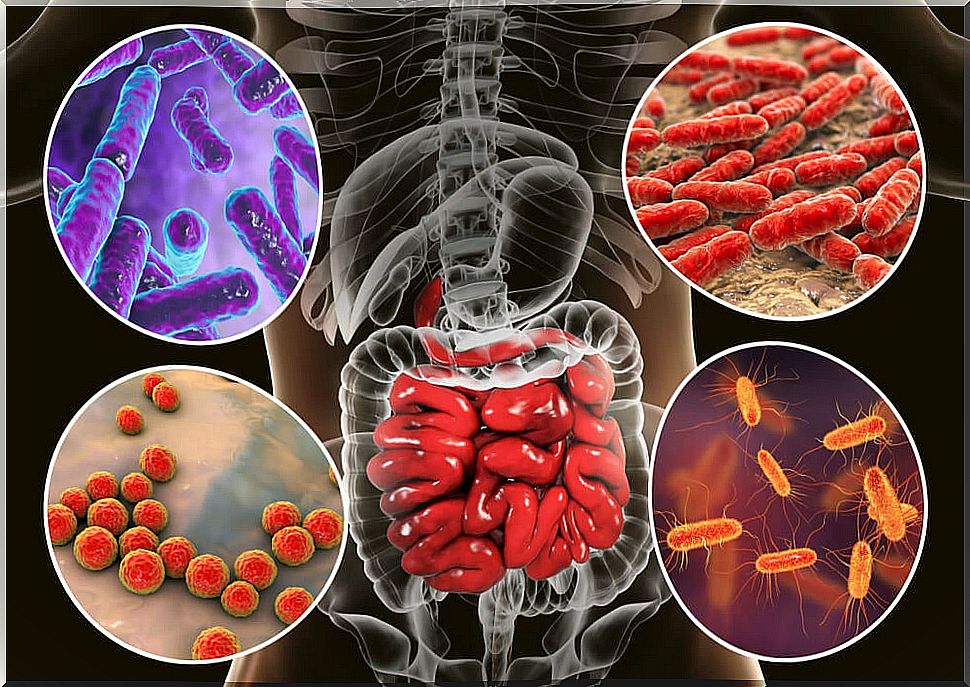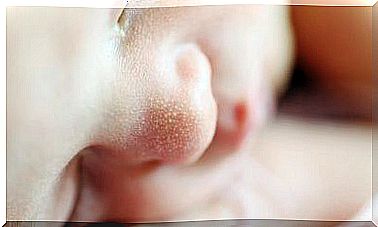How Are The Gut Microbiome And Autism Related?

All mammals have an invisible organ that science had overlooked until very recently: the intestinal microbiome. This organ is made up of an incredible variety of microorganisms. Today, although we are convinced that we depend on the proper functioning of this microbial organ to survive, we are just beginning to understand how this consortium of microbes complements us.
How does the gut microbiome work?
Most likely, you know that you have microorganisms that live in your body. However, you may be unaware of the size of the population of these tenants. It’s easy to understand that the densest and most diverse community is in your gut. However, when you find out that more than half of the mass of your stool corresponds to your microbiome, it is different, right?
There are so many of your microbes that they have the power to complete the process of digesting food. That is an almost obvious role, but other tasks may surprise: your microbes are key to your immune system to develop and also to maintain its responsiveness. In addition, they deal with the regulation of our metabolism.

Are these microbes and the brain related?
The answer is a resounding yes. Today science has shown that there is a microbiota-gut-brain axis and that it is a bidirectional pathway. This means that stress can disrupt the composition of the gut microbiota and that, in turn, the microbial consortium affects host behavior.
Many of these studies have been done in mice that have been raised ‘germ-free’. Such studies have shown that when the conventional microbiota is missing, behavior, gene expression in the brain, and the development of the nervous system are affected.
Other types of studies, using different antimicrobials and the first fecal transplants, showed that differences in the composition of the intestinal microbiome affect behavior. Furthermore, that anxiety could be induced or alleviated when the composition of the gut microbiome was altered.
Today, progress has been made in this knowledge at the molecular level. It is known that the alteration of the microbial ecosystem can induce specific changes of neurotransmitter, and of its receptors, including serotonin.
What role does the gut microbiome play in autism?
Autism Spectrum Disorder (ASD) represents a neurodevelopmental disorder characterized by two main deficits: impaired communication and social interaction. The patient shows restricted and repetitive patterns of interests, behaviors, or activities. ASD has a prevalence of 2 to 20 cases per 1000 worldwide.

Currently, the core symptoms of autism do not have an approved treatment. People with ASD often also have gastrointestinal problems and a disturbance of their gut microbiome. Consistent with this finding, a growing number of studies have found evidence that implicates the alteration of the immune response and neuro-inflammatory mechanisms in patients with ASD.
The gastrointestinal problems that are associated with most cases of autism support the idea that this disorder has a physiological basis. It is believed that if gastrointestinal problems are alleviated, symptoms may be alleviated by highlighting.
A recent study shows beneficial long-term effects for children diagnosed with ASD. This is carried out through a revolutionary fecal transplantation technique known as microbiota transfer therapy.
Breastfeeding and the shaping of the microbiome in Autism Spectrum Disorder
Breastfeeding is a determining factor in the shaping of the gut microbiome. Thus, studying breastfeeding in populations with ASD is of interest. A 2019 study has explored the association between ASD, the initiation of breastfeeding, and the length of months. Until now, prolonged breastfeeding is suggested as a protector against ASD, although further studies are needed.










